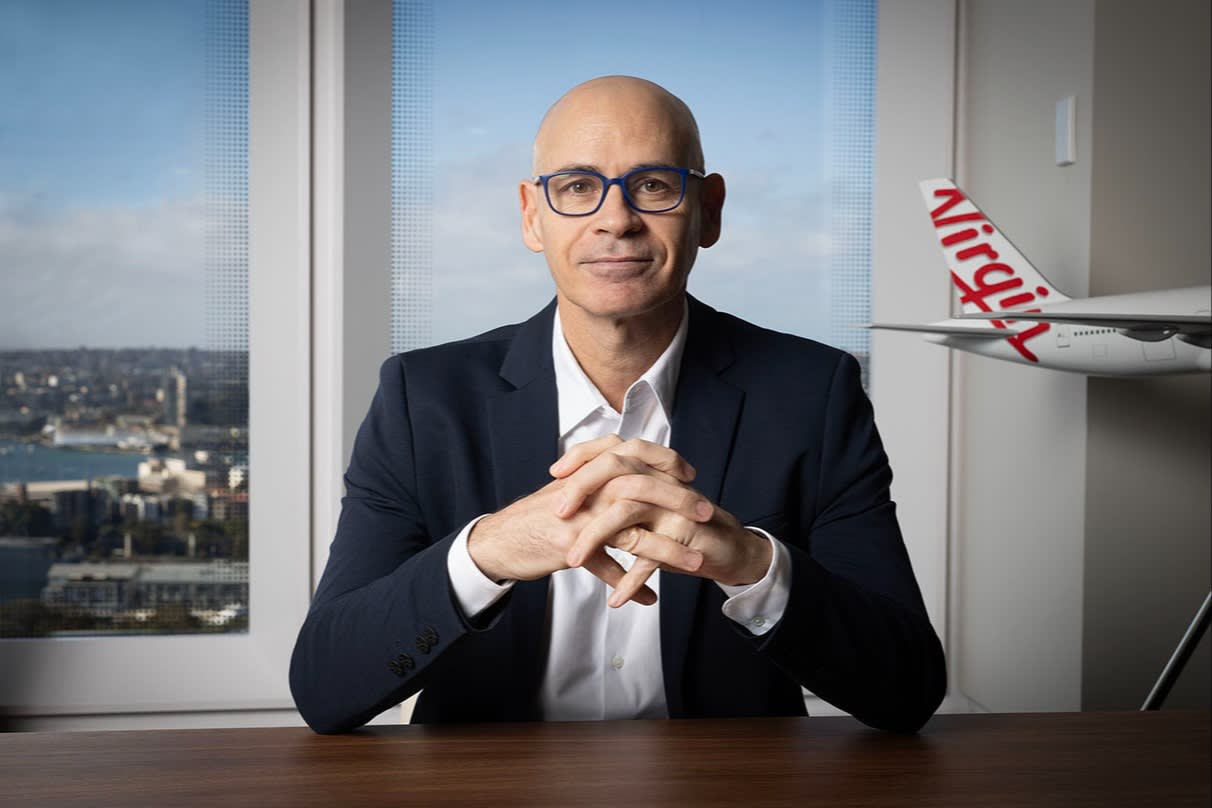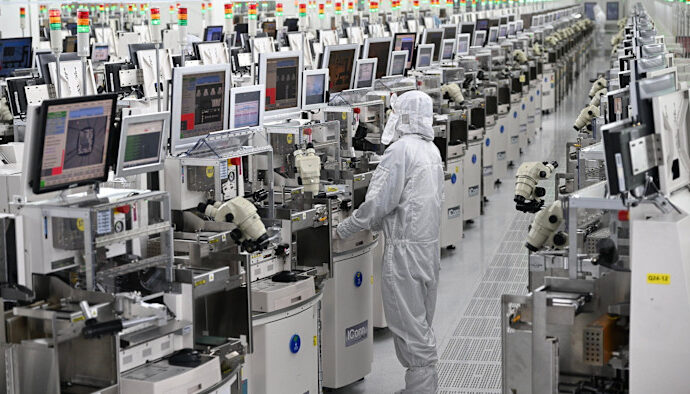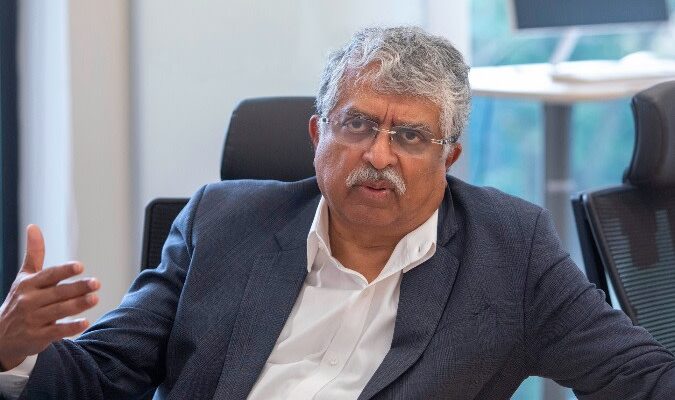Unlock the Editor’s Digest for free
Roula Khalaf, Editor of the FT, selects her favourite stories in this weekly newsletter.
The long-awaited listing of Australia’s second-largest airline has breathed life into the country’s anaemic initial public offering market, according to the head of Bain Capital, Virgin Australia’s largest shareholder.
Mike Murphy, a former Olympic diver who is now head of Bain’s Australian operations, said the US investment firm had pushed the button on the float in June despite turbulence in global markets.
Some of his US colleagues had suggested putting the airline’s IPO on hold until 2026, Murphy said, after a series of events — including the imposition of US tariffs, the Air India crash and oil price volatility from conflict in the Middle East — shook market sentiment.
“Risk-on, risk-off was changing daily,” Murphy told the Financial Times in an interview. “But the clouds parted,” he said of the decision to proceed with a listing that had been planned since the start of 2023.
The IPO raised A$685mn (US$448mn) and the airline’s stock surged from the float price of A$2.90 a share to A$3.34 in the days following the late-June listing. Shares closed on Friday at A$3.21.
“It hopefully bodes well for the future,” said Murphy of the strong reaction from investors.
Virgin Australia’s listing broke an IPO drought, with several companies quickly following its lead.
Greatland Resources, a gold miner backed by billionaires Andrew and Nicola Forrest, raised A$490mn through a listing in late June. GemLife, a property developer, debuted on the ASX at the beginning of July after raising A$750mn — the biggest IPO of the year in terms of funds raised — and gained 5 per cent on its first day. Tetratherix, a medical technology company, has gained more than 25 per cent since its listing on June 30.

Murphy said a healthy appetite for new listings was crucial for Australia’s capital markets, benefiting public investors and private asset owners seeking an exit. He said Virgin Australia, which also counts Qatar Airways as a shareholder, was always going to be an IPO candidate, as a trade sale was unlikely.
Bain’s most senior partner in Australia added that a float of its care home operator Estia Health was a “possibility”, but that the business — taken private in 2023 for A$838mn — was also getting “a lot of interest” from strategic buyers. He said Bain could look to buy smaller care home operators or pursue a bigger merger with a rival. “That’s on the radar,” he said.
Bain has also been linked with a bid for the wealth management arm of financial services player Perpetual, where it is competing with Oaktree Capital Management for a deal, according to two people with direct knowledge of the talks.
Murphy declined to comment on the Perpetual bid but said that tapping into Australia’s booming wealth management sector was of interest. “We’re having a good look,” he said.
Bain took a gamble acquiring Virgin Australia, which collapsed into administration five years ago as the pandemic hit and airlines were grounded.
Murphy said private equity was not typically interested in aviation, but airlines were more akin to “core infrastructure” in a country as large as Australia, which lacks extensive rail services. Bain Capital’s internal team had spent 16,500 hours turning around Australia’s second-largest airline, he said, adding: “This is probably one of the most competitive industries I’ve experienced.”
The private equity company has retained a 36 per cent stake in Virgin Australia and will not sell that down for a year. Murphy said it would look to gradually sell down over the next two to three years, after that lock-up ends.


